Poo-Ton (cotondoodle)
The Poo-Ton, with origins from Madagascar, is an ideal family companion. They are a smart, loyal breed that loves to be around their owners. With regular care and training, the Poo-Ton can make a wonderful addition to any home.

Standard Poodle
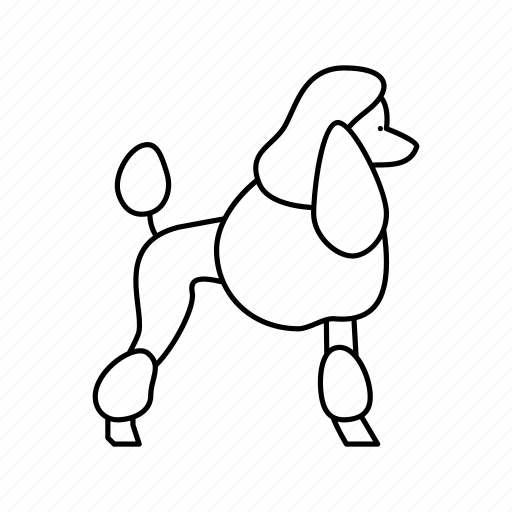

Coton de Tulear
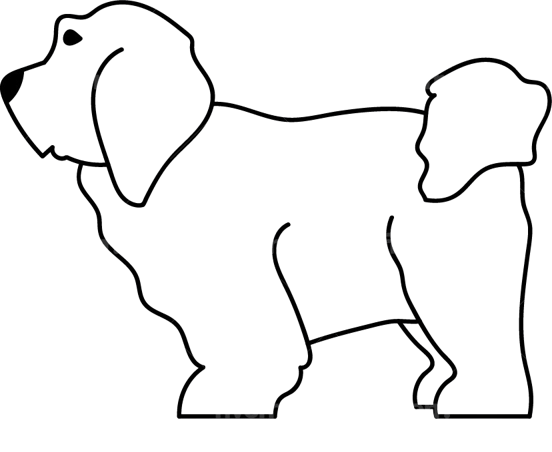
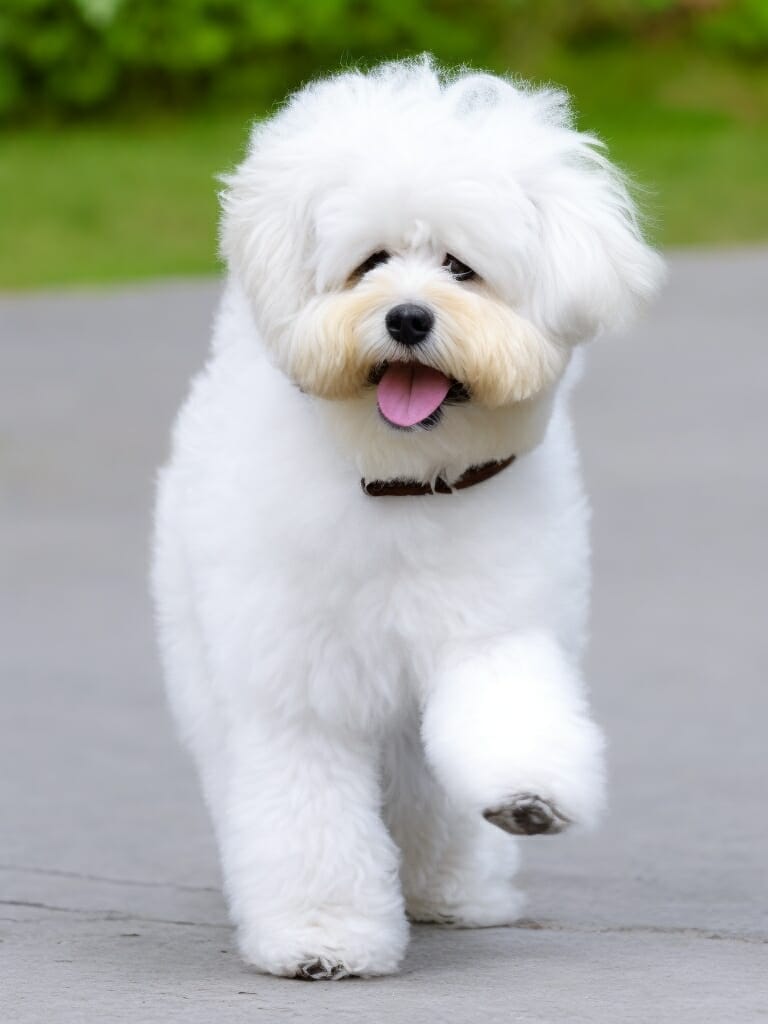

Lifespan:
12 to 15 years

Height:
9.5 to 11 inches

Weight:
6 to 8 pounds

Breed Overview
- The Poo-Ton is an intelligent breed and can learn quickly if given consistent training and positive reinforcement.
- They are generally eager to please their owners and respond well to training.
- Training should be done with consistency, patience, and positive methods such as treats or praise.
- Puppy socialization is important for the Poo-Ton to help them accept strangers and new situations.
- The Poo-Ton should have regular walks or runs to keep them physically and mentally active.
Adaptability:

environment:
The Poo-Ton adapted well to any type of environment, from small apartments to large homes.

Owner Experience:
The Poo-Ton is great for first-time pet owners. They are a social breed that loves attention and affection. They can be quite energetic and enjoy playtime but also respond well to training.

Weather Tolerance:
The Poo-Ton enjoys most climates. They can handle the cold, but should not be left outside in extreme weather conditions.
Health:

Common Issues:
The Poo-Ton is prone to separation anxiety, obesity, and hip dysplasia.

Teeth care:
The Poo-Ton needs regular teeth brushing to prevent tartar buildup and bad breath.

Shedding:
The Poo-Ton is a low to the non-shedding dog, making it great for allergy sufferers.
Behavior:
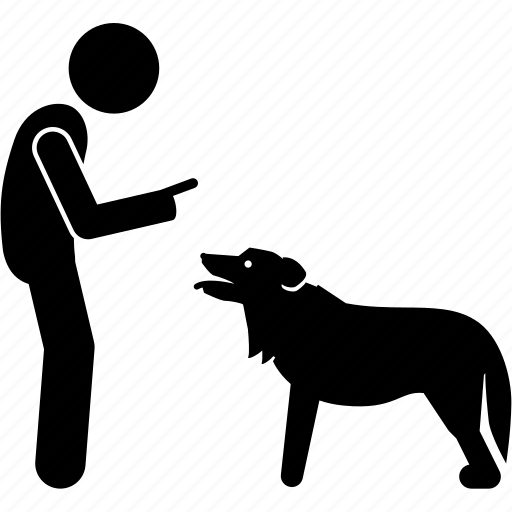
Trainability
The Poo-Ton is an intelligent breed and can learn quickly if given consistent training and positive reinforcement. They are generally eager to please their owners.
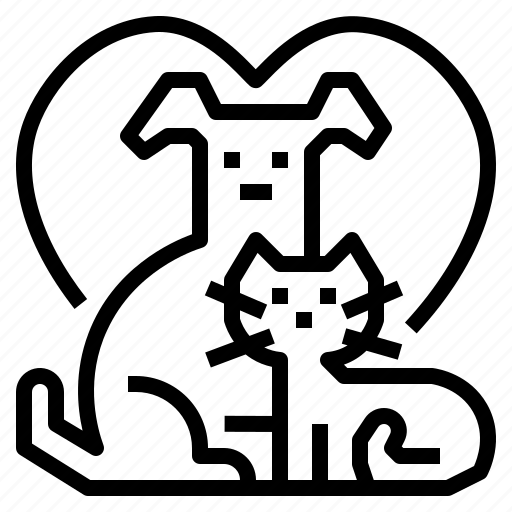
Pet Friendly:
The Poo-Ton is generally good with other pets and people. They may be wary of strangers at first, but with socialization, they can learn to accept new people.
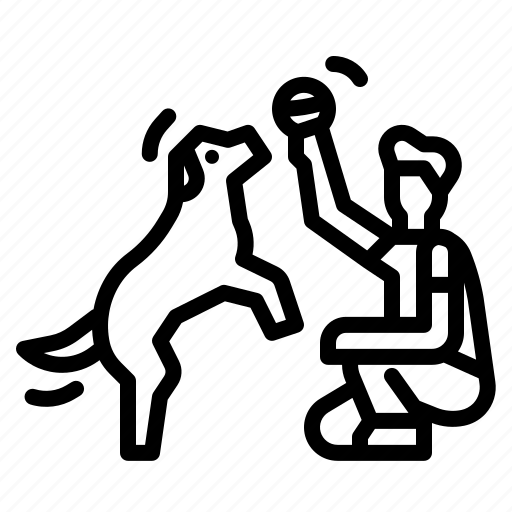
Activity Level:
The Poo-Ton loves to play and exercise. They should have regular walks or runs to keep them healthy and happy.
Coat:

Density:
The Poo-Ton has a thick, curly coat that provides insulation against the elements.

Length:
The Poo-Ton has a long coat that reaches down to its elbows.
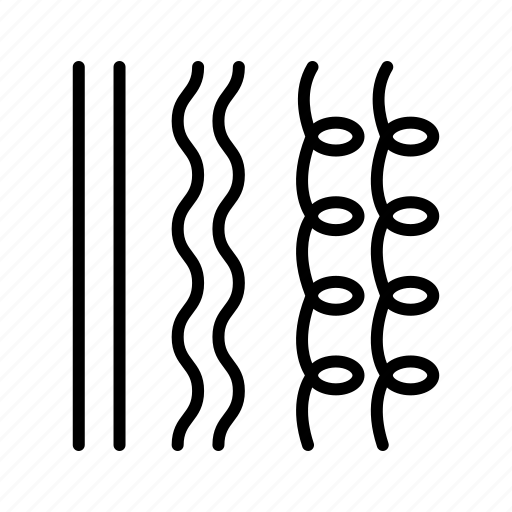
Type:
The Poo-Ton has a single-layer coat that consists of medium-length fur.
Grooming:

Bathing:
The Poo-Ton should be bathed occasionally using mild shampoo and conditioner.
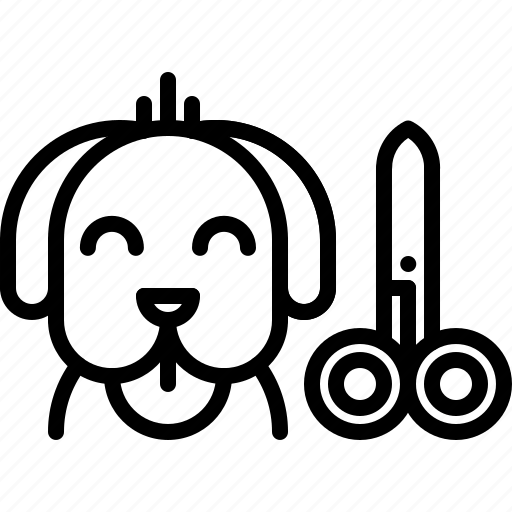
Haircut:
The Poo-Ton should not be clipped or shaved, as this can damage the coat and skin.

Brushing:
The Poo-Ton should have their coat brushed regularly to prevent tangles and matting.
Colors Possibilities:

Eyes:
The Poo-Ton has round eyes that are either black, brown, or hazel.

Nose:
The Poo-Ton has a small, black nose.

Coat:
The Poo-Ton has a thick, curly coat that comes in various colors such as white, black, brown, cream, and apricot. They have long fur on their ears and legs.
1. The Poo-Ton is prone to separation anxiety, obesity, and hip dysplasia.
2. They should have regular teeth brushing to prevent tartar buildup and bad breath.
3. The Poo-Ton should be bathed occasionally with a mild shampoo and conditioner.
4. The Poo-Ton should not be clipped or shaved, as this can damage the coat and skin.
5. The Poo-Ton should have their coat brushed regularly to prevent tangles and matting.
1. The Poo-Ton should be fed a high-quality, grain-free diet that is appropriate for their age and activity level.
2. The Poo-Ton should have access to fresh, clean water at all times.
3. Puppies should be fed three meals per day until they reach one year of age.
4. Adult Poo-Tons should be fed two meals per day.
5. The Poo-Ton may benefit from supplements such as fish oil, probiotics, and glucosamine to support their joint health.
1. The Poo-Ton is an intelligent breed and can learn quickly if given consistent training and positive reinforcement.
2. They are generally eager to please their owners and respond well to training.
3. Training should be done with consistency, patience, and positive methods such as treats or praise.
4. Puppy socialization is important for the Poo-Ton to help them accept strangers and new situations.
5. The Poo-Ton should have regular walks or runs to keep them physically and mentally active.
